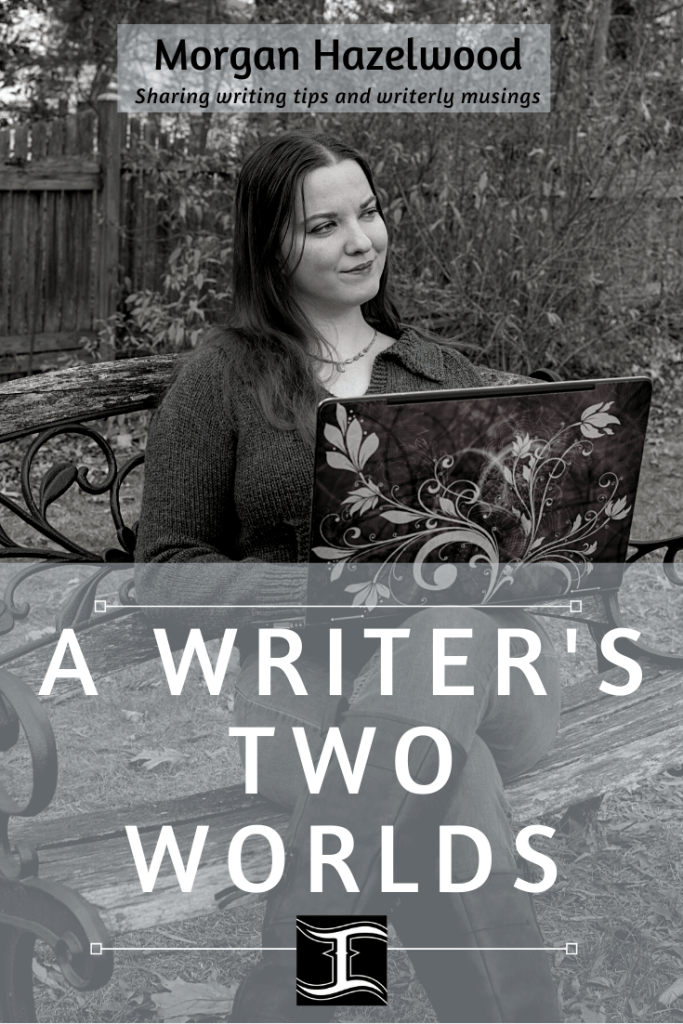The panelists for the Imaginarium titular panel were as follows: Michael Williams as moderator, Chasity Bowlin, Lynn Hightower, T. Lee Harris, James Sabata, and (a name I missed who wasn’t on the program? Maybe a Laurel? Or a Darrell?).
The panel description was: Tips from seasoned authors, on how to balance your personal life with a writing career.
In the dream world, we’d sit in front of notebooks and words would flow to the pages, never needing edits or revisions, and nothing would ever interrupt us. Unfortunately, this is the real world. Here are tips on managing to get your writing in, and ways to support your writing.
But first? Let me start with my biggest takeaway:
While reviews matter, who is reviewing your books matters almost more. If you have your mom’s entire book club order, read, and review your book, but that’s not a genre they would typically read… your book is going to be suggested to the wrong audience, and fall flat. Getting your book out there is crucial, but it does no good if it’s not in front of the right audience.
Writing Tips
Before you take any of these tips, remember that all writing advice is absolutely wrong… and absolutely right. Use what works for you. For this story. Today.
- Brainstorming
- Try lying on a particular side
- sitting in a different chair or at a different table, or room
- Maybe writing in different locations for different types of scenes
- Going for a walk
- Taking a shower
- Driving
- Chatting with a friend — or friends
- Character portraits – While some writers are also artists, most of us just go with dream-casts of real actors, surfing pinterest, or even working on thispersondoesnotexist.com to create inspiration pictures of our characters
- Productivity – For many of us, trackers help us feel productive. You may not be able to tell how good your writing was today right away, but you always can know how many words you wrote.
- Wordcount trackers
- Scrivener
Ways to Fit The Writing Into Limited Time
Becoming a writer doesn’t usually “just happen”. If something in your life doesn’t serve you, stop doing it. – TV time? Making food from scratch? Phone games? Many hobbies are actually habits. Decide your priorities, decide what helps fulfill you, and trim the rest.
- Schedule writing time – Trying to slip it in the cracks is a hard way to get writing done
- NOTE: Discipline will get you where inspiration can only point.
- If you don’t treat your writing like a priority, why should anyone else in your life?
- Always have something to write on and something to write with – paper, phone, whatever
- Email yourself – subject line as the book title to keep organized?
- Phone notes
- Paper notes – maybe keep in a file folder
- Writing Sprints – While some writers don’t get their best words in until their third focused hour, many writers work in 20 minute sprints between chores and life
- NOTE: Even if writing doesn’t work in short sprints, try them for your social media platform and other writing-supportive activities. Schedule those posts, so you can focus later.
- Use square brackets [] with a note inside about something you need to come back to, to prevent losing momentum — a name, an item you need to research, etc
- Make lists of things to research later – find subject matter experts
- If you can write full-time, treat it like a full time job
Activities to Support Your Writing
- Editing – First and foremost. Nothing should leave your computer until it’s been edited.
- Writer’s groups – Do you need an accountability group? A critique group? Or what?
- Finding a publisher – Whether it be an agent plus traditional publisher, small press publisher, or going it alone, none of these things can just happen. You need to do your research and put in the hours
- Some recommended eBook publishers that are not Amazon: untreedReads.com, Overdrive, Barnes and Noble
- Social media – No matter how well you write, if people can’t find you or don’t recognize your name, it’s going to be hard to get any sort of traction, and social media is where most people find some.
- Schedule posts
- Engage with your own followers and with people who have followings similar to what you’re looking for
- Cross-promo other writers
- Having platforms and an established web presence helps you get speaking gigs
- Share freebies – Be it chapters or short stories, many of these can entice new readers into your world
If you look at your writing and all you see is how far you have yet to go, remember that published books are the end results, not all the steps they took to get there.


I hadn’t heard of This Person Does Not Exist. Thanks for bringing it to my attention.
LikeLiked by 2 people
Seems like a great post, Morgan! Will read in full when I have the chance!
LikeLiked by 2 people